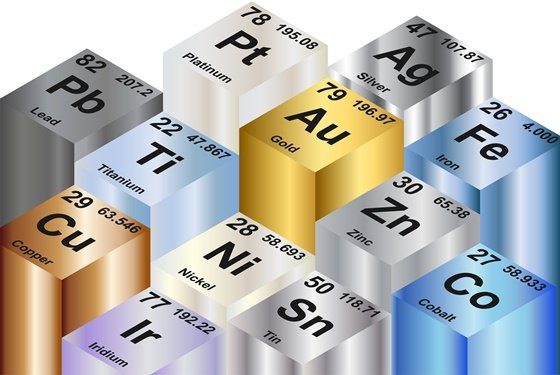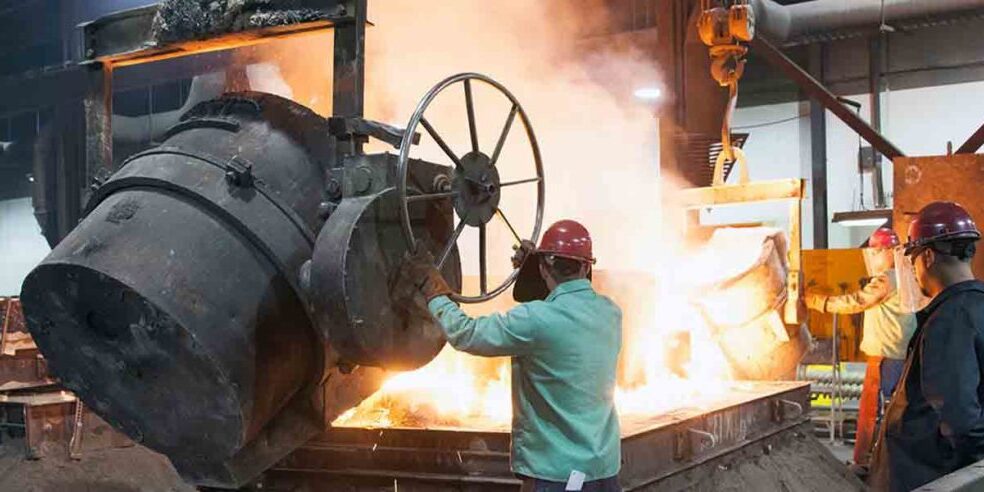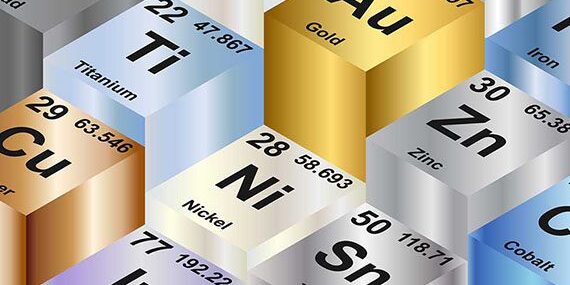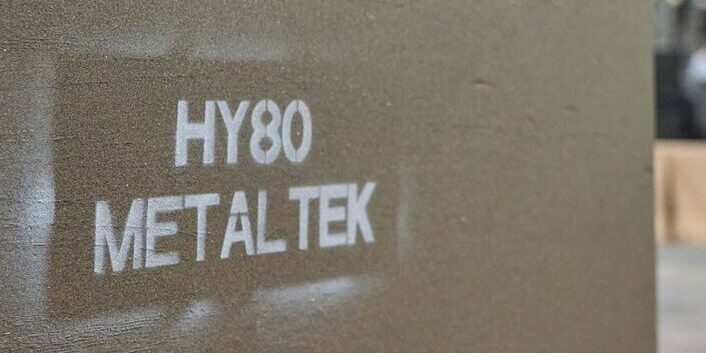Blog Heat Resistant Stainless Steel Material Profiles:Part 2
November 30, 2020
By: Dave Olsen

Grade
- MTEK 25-35W Heat Resistant Stainless Steel
Description
- HP material modified with Tungsten.
Properties – Why select this material
- The addition of tungsten increases rupture strength due to the formation of very stable tungsten carbides
- A disadvantage of this alloy is its low ductility, particularly after service
- Service limit 2100°F / 1150°C
Applications – Frequent uses
- Ethylene furnace coils – especially the hot leg
Grade
- MA-1 Heat Resistant Stainless Steel
Description
- High temperature alloy modified with additions of tungsten and cobalt.
Properties – Why select this material
- The high nickel content of this alloy combined with additions of tungsten and cobalt produce good high temperature strength and carburization resistance
- Used in petrochemical applications operating at higher temperatures and pressures than are possible with conventional heat resistant materials
- Improved high temperature creep capability over 30-50W
- Service limit 2155°F / 1180°C
Applications – Frequent uses
- Reformer Harp Assemblies
- Radiant and convection tube supports and hangers
- H2 reformer furnace tubes for DRI
Grade
- MTEK 25-35NbW Heat Resistant Stainless Steel
Description
- This HP alloy is modified with tungsten and niobium.
Properties – Why select this material
- High carburization and oxidation resistance
- Service limit 2100°F / 1150°C
- Higher elevated temperature strength than 25-35Nb
Applications – Frequent uses
- Ethylene cracking coils – particularly the hot leg
Grade
- MTEK 30-50W Heat Resistant Stainless Steel
Description
- Nickel base alloy with tungsten addition that provides exceptional strength.
Properties – Why select this material
- This material also has good resistance to carburization and oxidation
- Used in furnace designs where higher temperatures are required
- Service limit 2130°F / 1170°C
Applications – Frequent uses
- Higher temperature furnaces
- H2 reformers used in DRI
Grade
- MTEK 35-45 Micro-Alloy Heat Resistant Stainless Steel
Description
- High temperature petrochemical alloy.
Properties – Why select this material
- Superior to 25-35MA for carburization resistance
- Improved resistance to metal dusting
- Service limit 2100°F / 1150°C
Applications – Frequent uses
- Suitable for components operating in hot zones of pyrolysis coils
- Components of reformer outlet manifolds
Grade
- MTEK 50-50Nb Heat Resistant Stainless Steel
Description
- High temperature petrochemical alloy for slightly lower temperatures.
Properties – Why select this material
- A nickel base high temperature corrosion resistant specialty alloy
- Resists fuel-ash corrosion, specifically sulfur and vanadium attack
- Service limit 1740°F / 950°C
Applications – Frequent uses
- Petrochemical furnace components
Grade
- MTEK 20-32Nb (CT15C) Heat Resistant Stainless Steel
Description
- Low carbon, niobium strengthened petrochemical alloy.
Properties – Why select this material
- Offers excellent rupture ductility
- Features improved thermal shock resistance
- Service limit 1800°F / 980°C
Applications – Frequent uses
- Petrochemical manifolds
- Headers
- Transfer lines
Grade
- MTEK Super 20-32Nb Heat Resistant Stainless Steel
Description
- Low carbon, niobium strengthened petrochemical alloy.
Properties – Why select this material
- Superior creep rupture strength over conventional 20-32Nb (CT15C) material
- Service limit 1900°F / 1040°C
Applications – Frequent uses
- Petrochemical collection manifolds
- Headers
- Transfer lines
For guidance in selecting the appropriate alloy in your application, contact us.
Have questions?
Download Our Alloy Guide
Download Our Where Used Guide
Related Blogs
MetalTek’s Carondelet Division Certified to Produce HY-80 Steel
MetalTek's Carondelet Division is excited to announce that we achieved certification to produce HY-80 steel. HY-80 is a...



